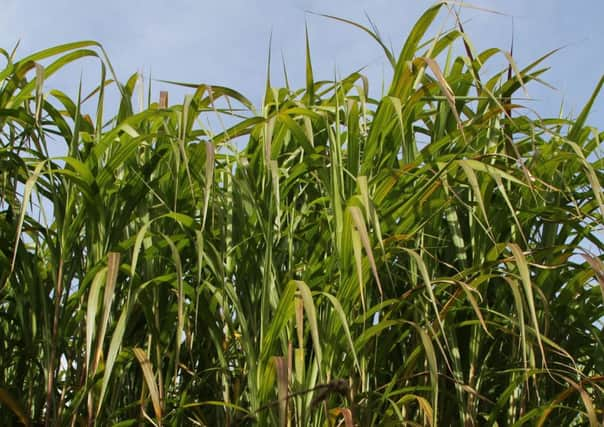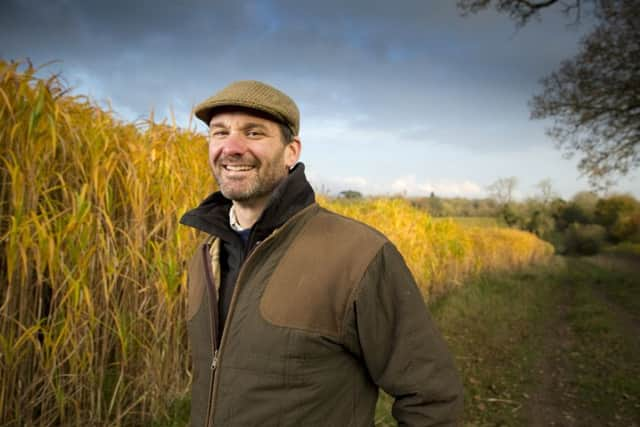The biomass crop allowing farmers to profit from hard to grow on land


Milk producers are fairing little better as bulk buying from high street supermarket chains lowers prices and more efficient farming practices maximise productivity, further reducing price.
Over-farming to meet demand can lessen soil quality and the ever increasing demand for affordable housing has meant that poor yield land can be sold for construction purposes for many times its worth as viable arable land.
Advertisement
Hide AdAdvertisement
Hide AdSome farmers, however, are diversifying and have found a crop that may be too good to be true.


It grows on ‘problem land’, requires little grower input and is increasing in both demand and value; its name is miscanthus.
Miscanthus is an energy crop that’s becoming rapidly attractive to UK farmers and is used for power generation.
One local grower who has taken the plunge is Chipping Norton farmer Richard Hartley.
Advertisement
Hide AdAdvertisement
Hide AdThe Hartley family have lived and worked on their arable farm since 1916, and in 2007, Richard Hartley made the decision to diversify to plant 60 acres of miscanthus.


Mr Hartley said: “We chose to plant miscanthus as the land we have is split into small, awkward fields with poor access and poor drainage.
“It’s hungry land that’s low in nutrients, so the wheat and oil seed rape we were growing was expensive to establish and produced poor yields,”
The Hartleys use the crop to act as a financial buffer when cereal crops are devalued.
Advertisement
Hide AdAdvertisement
Hide AdMr Hartley said: “Miscanthus fits in well with the arable rotation, as it’s cut in the spring, with a standard forage harvester, so it doesn’t conflict with the cereal harvest.”
He added: “Two years after planting we harvested our first yield, now that the crop is mature, it requires very little work, but it’s important to establish it properly.
“We found pre-emergence herbicides were essential to combat weeds. Ultimately it’s about timing the harvest correctly,”
As miscanthus is not retailed through traditional farming trade routes, the farm works with Terravesta, a company which provides its growers with long term retail price index-linked contracts to supply UK power generation.
Advertisement
Hide AdAdvertisement
Hide AdMr Hartley said: “We have a great working relationship with Terravesta, it manages every stage of our supply chain, provides expert advice, as well as offering secure lucrative markets.”
To find out more about becoming a grower of miscanthus visit the Farm Business Innovation Show at the NEC on November 9 and 10.